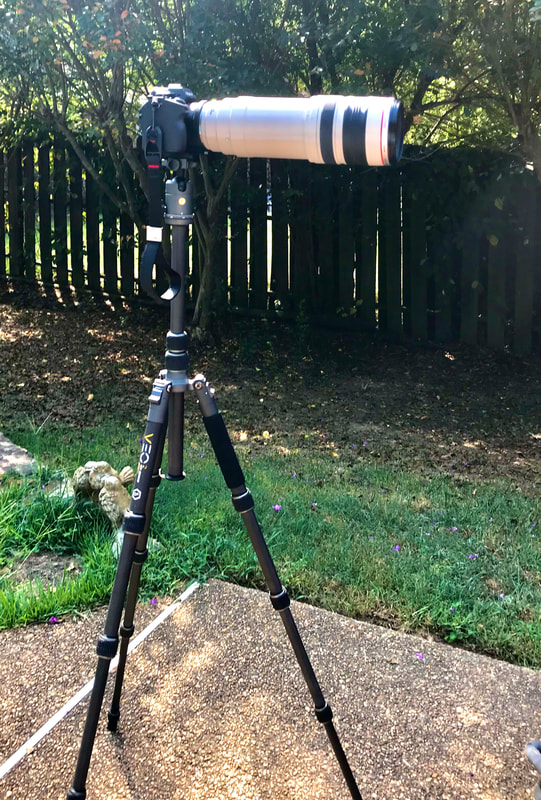I remember signing up for premium "streaming" with Rhapsody Music as soon as it was available. If memory serves me, that was at least 15 years ago. At the time, I remember wanting better quality. Of course, data caps and streaming speeds made that a difficult, if not impossible, endeavor at the time.
A couple years, Tidal introduced us to lossless CD quality music. The downside was they charged more than twice as much as every other service for the privilege. I don't want to get into a discussion about human hearing, but most would say there are only, at most, small differences in sound quality between lossless and the compressed stuff from everyone else. I personally gave Tidal a trial and thought it sounded cleaner, but it just wasn't enough of a difference to get me to pay double!
Tidal also introduced something called MQA that offered "high resolution" files. MQA has caused a big riff in both the audio industry and the audiophile community. I don't want to go to deep into the subject, but to get the most from MQA you have to have an MQA DAC or a streamer with an approved DAC.
Qobuz was introduced to the USA in recent months. They have multiple tiers, but if you want they best that they offer, you pay 24.99 per month. This includes files up to 24 bit and 192 kHz. Some audiophiles have decided to go this route to avoid MQA, but for the most part, these services are a niche. Whether that is because of the lack of a desire for lossless and Hi Res or the ridiculous pricing is unknown. I expect it is a combination of both.
Enter Amazon with Hi Res formats, no MQA, and a price of $14.99 a month, or $12.99 for prime members. That is $3 a month more than Spotify/Apple Music and all the other services offering compressed audio. They also have a 3 month free trial!
That being said, there are still some downsides that mean a lot of audiophiles aren't going to budge from Tidal or Qobuz. The biggest issue right now it that there is no bit rate switching on the fly. What does that mean? It means that when you set your computer settings, in my case a Mac, to be able to play 24/192 files, the system spits out everything in 24/192 whether the track is 24/192 or 16/44.1. Amazon should be telling the computer to play in the native format and it currently isn't doing that.
Secondly, many audiophiles want more features. As of right now, the streamers people bought to play their own files and Tidal aren't compatible with Amazon HD. Computer programs that have integrated Tidal and/or Qobuz, like Roon, Audirvana, Plex, haven't implemented Amazon Music HD. An app like Roon ($119 per year) gives you a much better interface and let you control what is playing on many different devices (including multiple computers) with a tablet of cellphone. Amazon currently doesn't have a way to control what it playing from the computer with an iPad. They need to figure that out if they aren't going to work with the many different streaming platforms.
Another issue is that Amazon only has one device with a digital output optical out that works with Amazon Music HD and it is priced at $199. You can get a FireTV (4k for the living room and regular for the bedroom and some sort of HDMI to Optical/Coax adapter to feed a DAC, but that gets a bit cumbersome. Personally, I have 2 systems that only use HDMI, so I am going to get a couple FireTV Sticks for them. These will allow me to not only have easier control over the interface than using a computer, but also give me Alexa control. I have a spare Echo Dot sitting next to the couch and the FireTV (#ad) comes with an Alexa button, so searches or playing music I know will be easier. I still would rather have the service in apps like Roon and Audirvana, though.
Right now, it is very early days of Amazon Music HD. Since it is free for 3 months, I can see how it advances over that period before paying them anything. I suspect that I will carry a membership to both Amazon Music HD and Apple Music until Apple adds lossless or gives Amazon access to Siri. However, I will just see how things play out and enjoy the service for the next few months.
Note: I get paid commissions for purchases made through any links to Amazon products in this post.

 RSS Feed
RSS Feed